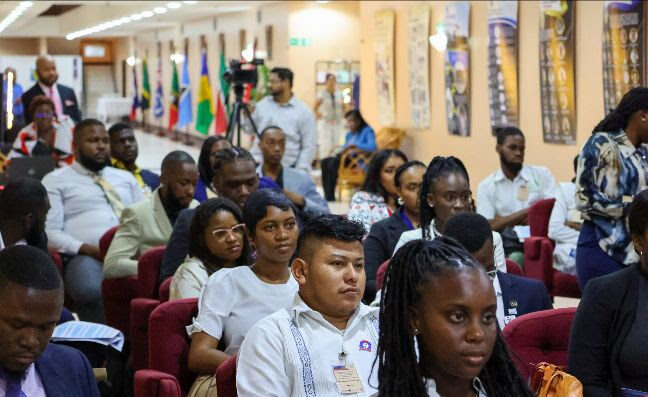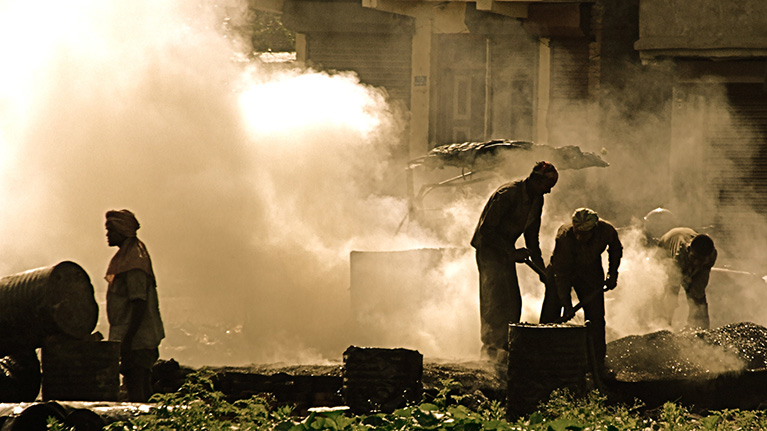This news article is a production distributed through Caribbean News Service. It is made freely available to your media and we encourage publishing and redistribution, giving credit to Caribbean News Service (CNS).
by Desmond Brown – Executive Editor
PARIS, France, Dec 03 2015, CNS – One of two Caribbean Prime Ministers present here for the UN Climate Change Conference (COP21) has described the on-going negotiations as “very intense and very complex”.
But Dr. Kenny Anthony, the Prime Minister of St. Lucia, told Caribbean News Service (CNS) he believes there are some important signals and opportunities.
“I cannot recall when last for example the United States openly championed an issue of great concern for the Small Island Developing States. President (Barack) Obama did so at the conference and reiterated that in a personal conversation we had with him,” Dr. Anthony said.
Prime Minister Freundel Stuart of Barbados and three other leaders from the Pacific met with Obama “and he reiterated that concern. It means therefore that we can work with the United States to shape a common platform.”
But challenges remain.
Prime Minister Anthony said there are some countries that are hostile to the Caribbean’s agenda and these countries need to be won over.
It was not immediately clear which countries are unfriendly and antagonistic to the region’s programme and the prime minister did not disclose this.
“We need to talk to them, we need to persuade them. It means therefore that we have to engage in some intense diplomacy with those countries because it is vital that everyone is able to identify with this conference and with an outcome that satisfies nearly all countries. Now that almost suggest that it’s impossible but I think if we can achieve some minimum positions then that would be helpful to the entire process,” Anthony said. “I am therefore hopeful.”
And if the caliber of the region’s negotiators is anything to go by, then Anthony has good reason to be hopeful.
“I want to take the opportunity to say how pleased I am at the quality of representation that we have here. We have some good, solid technocrats; some good, committed technicians, persons who are very passionate about the outcome of these negotiations and I believe that that will benefit the region immeasurably,” he said.
“I can’t say when last I saw the region pulling together like this in such a coherent fashion to protect the best interest of the region and indeed overall Small Island Developing States and I think that augers well. That will strengthen our approach; strengthen the positions that we hold, add quality, character and focus and in these negotiations all of this will matter.”
And assuming that the Caribbean gets a favourable outcome in Paris, the work continues to convince residents that there are issues they must face.
“I still fear that there is a gap between what the politicians are saying and what our people actually believe,” Prime Minister Anthony said.
“There are lots of people in the Caribbean who have not understood the danger that these islands face. It is true that they have experienced adverse weather systems but they have not translated that experience into understanding that there is a change in the weather systems and the weather patterns because of climatic factors. So we have to translate that to our ordinary people.”
But he said there’s one hopeful sign. That is the way the young people and the artists of the Caribbean have come together to help to consolidate the region’s position and to shape its views.
“Never before have I seen such a great partnership between civil society and the governments. This is an issue that has united us and we need to build on that experience because it is a qualitative change in approach,” Dr. Anthony said.




